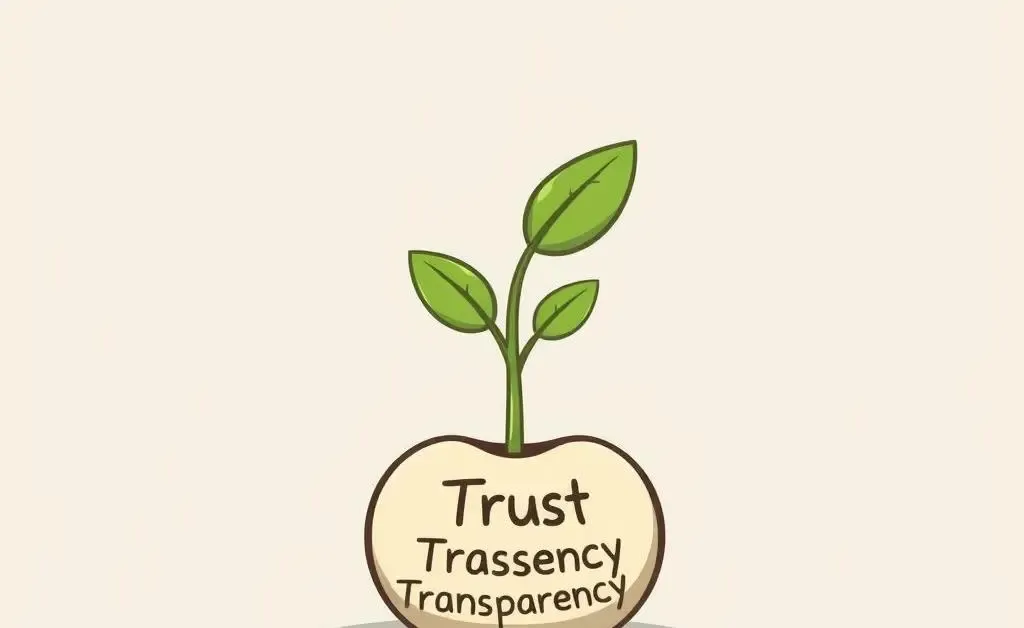Why Financial Transparency Matters: A Tale of Taxes, Trust, and Long-Term Gains
Explore the importance of financial transparency for building public trust and driving personal growth.

Hey there, curious minds! Have you ever paused to think about the role financial transparency plays in your life or the broader world? Whether you're auditing a company's finances, scrutinizing governmental practices, or managing your personal budget, transparency can be a powerful tool. Let's delve into why it matters so much and how it affects you and society at large.
What is Financial Transparency?
Simply put, financial transparency involves openly sharing financial data. This means honest and clear reporting of income, expenses, and financial obligations. Whether it's personal finances or a corporation's accounts, transparency builds trust and positions all parties on the same page.
Why Does It Matter?

Imagine trying to buy a car that's been kept in a pitch-black garage—you'd want to inspect every detail before making a decision, right? The same applies to finances. For governments and businesses, transparency improves accountability and enhances stakeholder trust. As a citizen or consumer, it validates that the entities you engage with are reliable.
Building Trust Through Transparency
Trust is a vital currency in any ecosystem, be it personal or fiscal. When financial information is freely available, it can create an environment of trust, leading to more significant opportunities and relationships. For example, investors are more likely to put money into companies with clear, consistent financial reporting.
In your personal life, being open with your financial status can help build stronger relationships either at home or with financial advisors, who can provide tailored advice.
Long-Term Gains

Here's the golden nugget: Transparency isn't just about honesty; it's a strategic advantage. By maintaining clear financial practices, you can avoid potential pitfalls and make informed decisions that can lead to long-term gains. Businesses can enhance their reputation, governments can increase citizen confidence, and individuals can stabilize their financial future.
Clearing the Jargon
Financial transparency can sometimes feel like wading through a sea of tax codes and accounting jargon. But it doesn't have to be daunting. Educate yourself on the basics. There are plenty of resources that can help demystify these concepts, including government tax resources and financial education platforms that provide simplified guides and tools.

Think of it as clearing a path through the dense forest of tax and financial terminology—which once seen plainly, is not as intimidating as it first seemed!
Wrapping It Up
Financial transparency is more than a buzzword; it's essential for fostering trust and achieving long-term success. Whether you're a business tycoon or managing your household, the benefits of transparency reverberate throughout your life. What are your thoughts on boosting transparency in both personal and public domains? Share your insights, and let's keep the conversation going!




